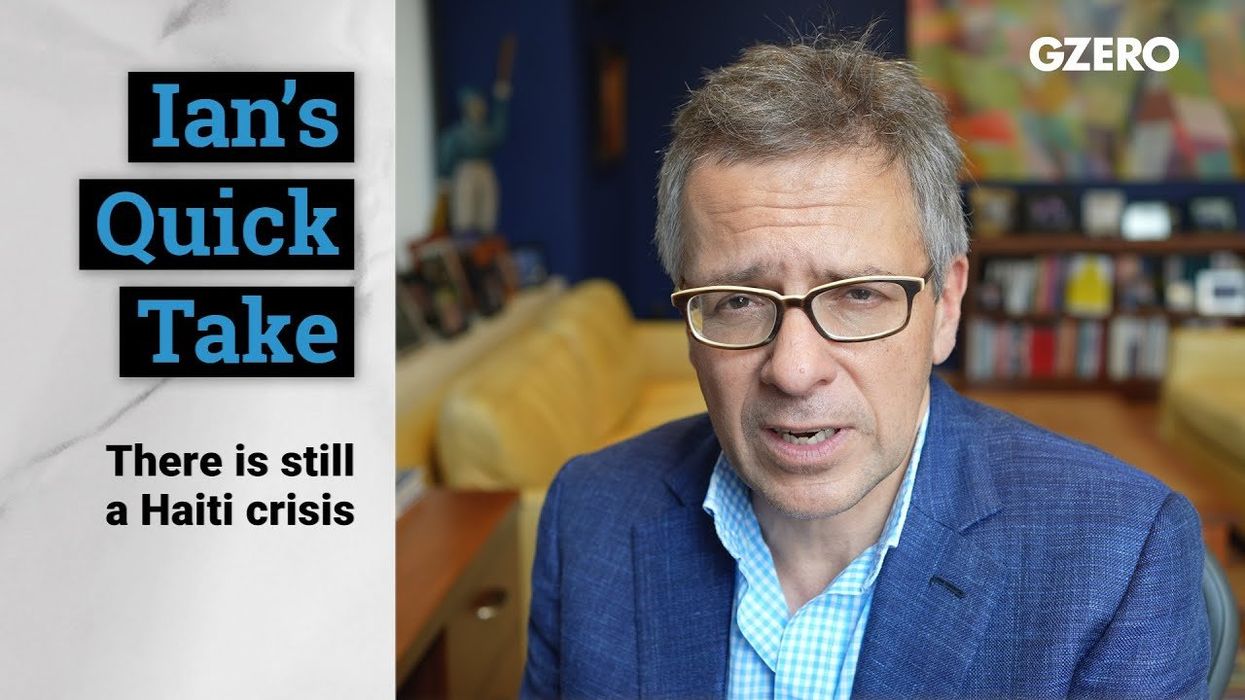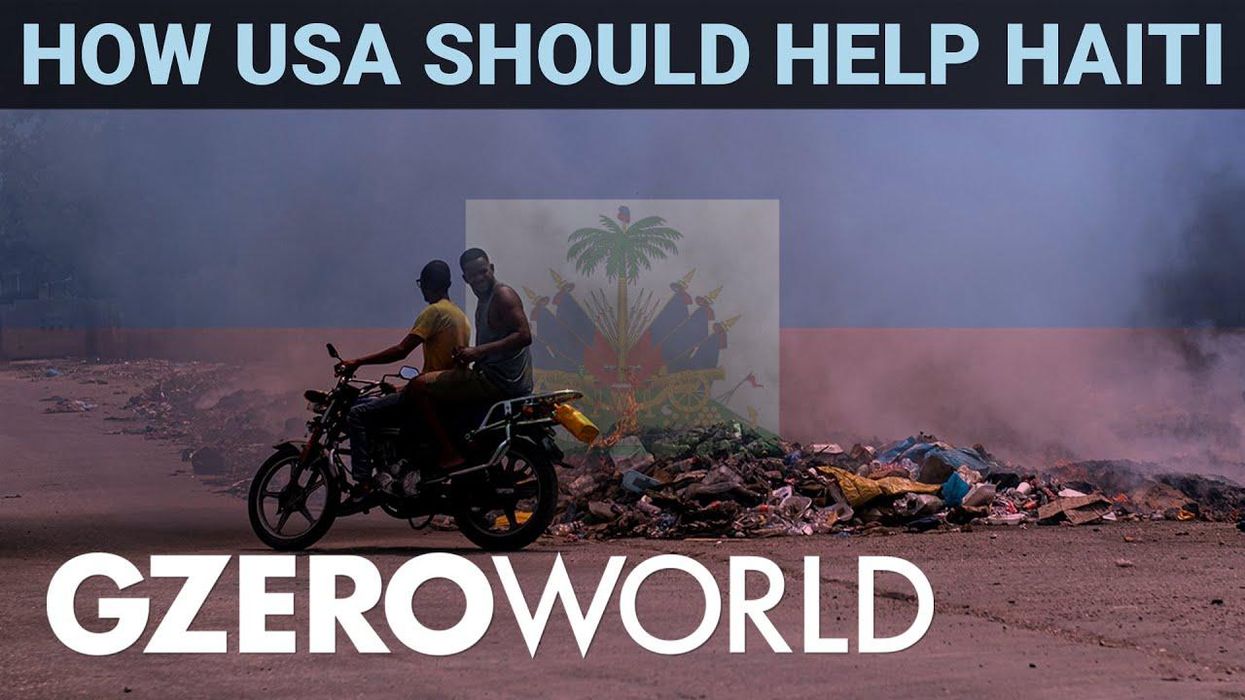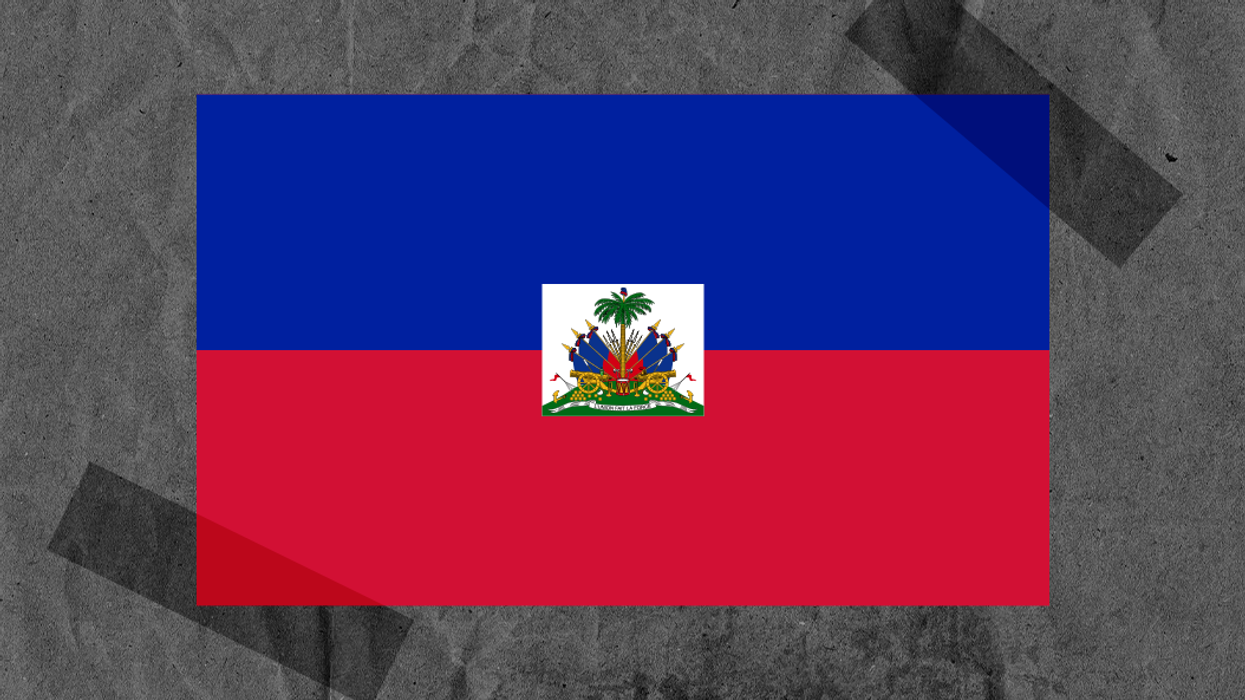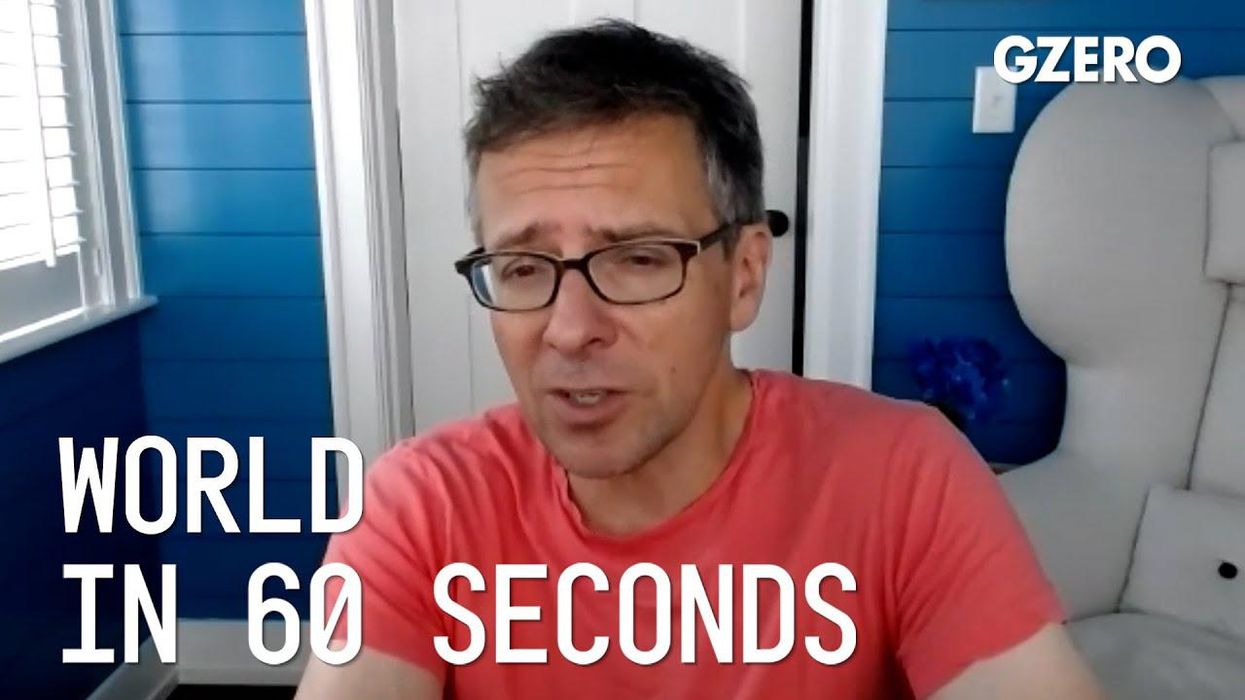There is still a Haiti crisis
Ian Bremmer's Quick Take: The crisis in Haiti deserves our attention, but it's not getting much media coverage. It is the poorest country in the western hemisphere, despite being the wealthiest colony a few centuries ago. Over 50% of the population under the poverty line, and today it is a failed state with no government, no legitimized governance. Instead, the capital city is controlled by criminal gangs, and some of the surrounding countryside as well, has only deteriorated since 2021 when the president, Jovenel Moïse, was assassinated. Still with all sorts of questions as to exactly who was behind that and how violence has escalated since then. Overwhelming the underfunded police force while the security forces that remain are corrupt and ineffective and largely tied to the gangs themselves.




